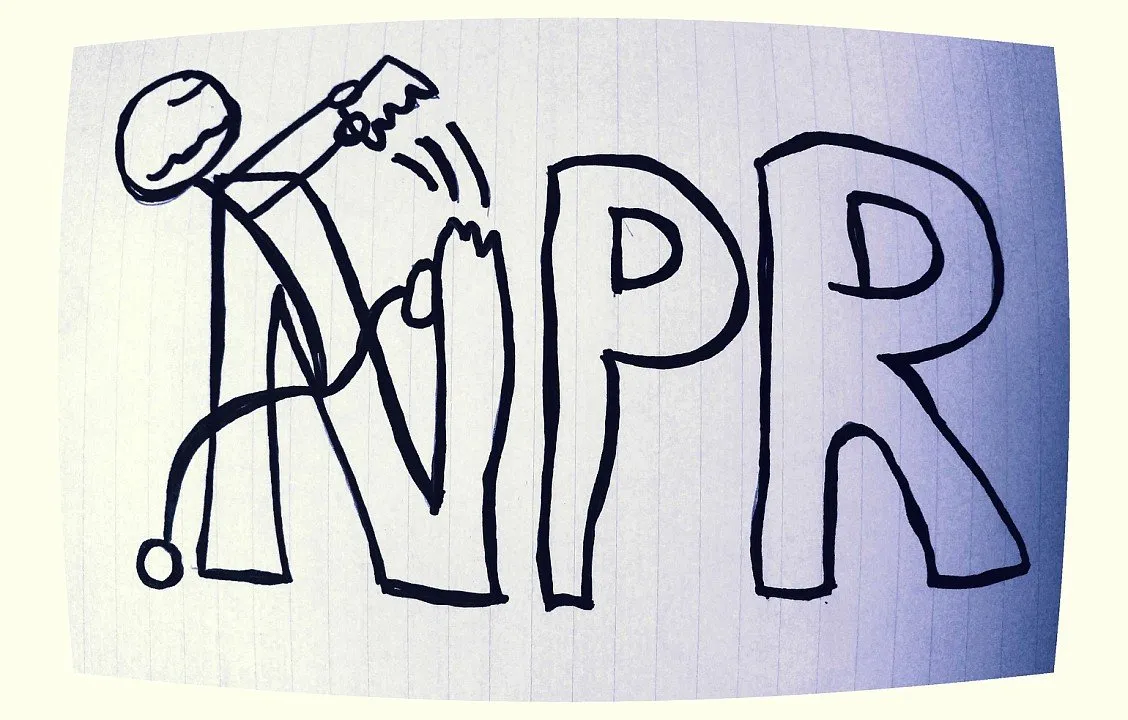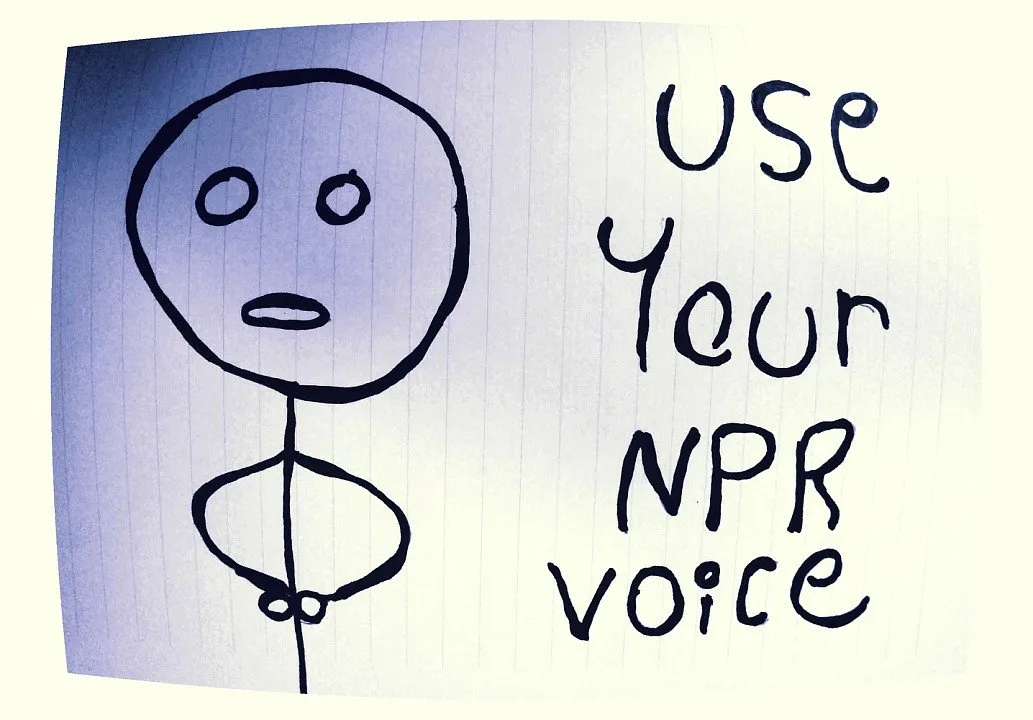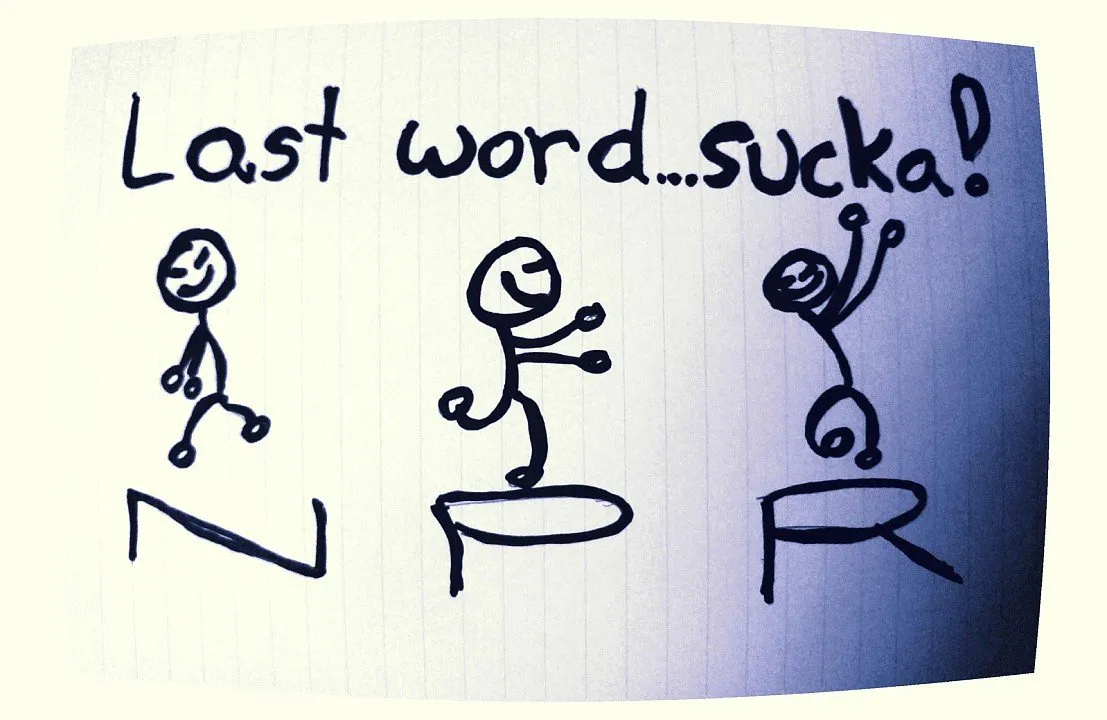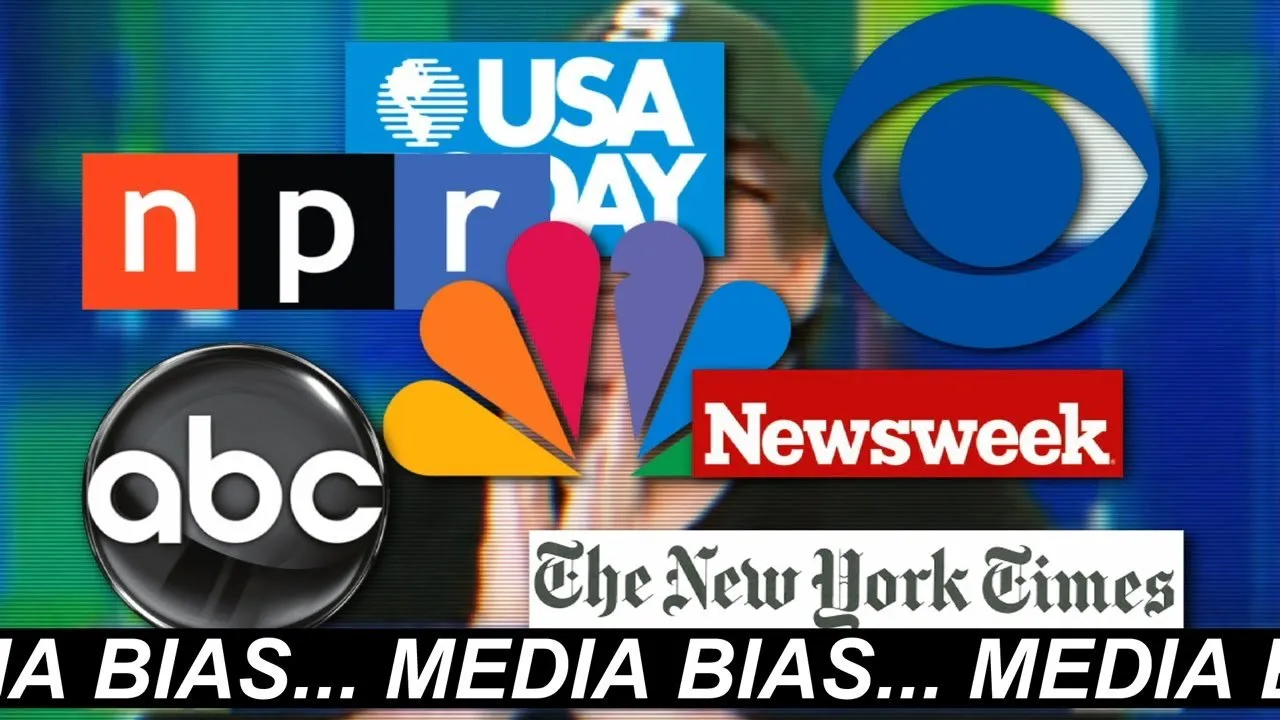MEDIA BIAS AND MEDIA TACTICS
So this time I’m going to pick on NPR. I actually like them though I often wonder why. I don’t contribute to their fund drives, though I figure all the federal tax dollars they get more than makes up for it. So I don’t feel too guilty about it despite the blatant guilt trip they pull roughly everyday and ramp up during their multiple fund drives. But they are the perfect example for what I’m writing about.

FAKE NEWS DISGUISED AS BIASED REPORTING = SPIN
Everybody has an opinion. What you’re reading is an opinion piece. I have a personal philosophy that anyone with an opinion runs the risk of being a complete moron. It helps to keep me in check, but only helps. It doesn’t prevent.
ALL media sources have a bias. Whether it’s blatant or hidden. A book I like on the subject of media bias is (appropriately titled) Bias: A CBS Insider Exposes How the Media Distort the News, by Bernard Goldberg
Reporters and news directors, media owners, editors and staff writers are all people. People have opinions and agendas. Organizations have agendas. There’s no news organization out there that’s working without some sort of plan. It all comes across as bias. Plain and simple.

On Saturday a news story came as a notification from NPR to my phone. CIA Concludes Russian Interference Aimed To Elect Trump. I’m guessing this is the next big headline. Now, I realize that you and I are both going to read this and interpret it in our own way based off of our own personal bias. But there’s two different narratives to this article.
The first part of the column supports the idea that there was actually Russian intervention in the 2016 election that helped to sway the vote for Trump..
The article then briefly calls into question the CIA’s integrity by backing up the Trump staff claim that the CIA has been wrong about some big issues in the past that have had major repercussions. Such as Weapons of Mass Destruction.
But then it ends on their initial point. Which isn’t particularly wrong to do it that way, but therein lies the bias. How you turn the story to fit your narrative.
And when you add in that most readers will not read to the end, many won’t get past the headline and even fewer will scroll down once, then the point you make in the first few paragraphs and in the headline will be the story. Not much else.
And THAT’S how you spin a story.
And this part is just more of my opinion but it’s clear to me that if there’s influence on our elections from foreign governments than that allegation needs to be investigated by both the intelligence agencies AND the press. But what they conveniently sweep under the rug are all the recent allegations that foreign governments are buying influence through the Clinton Foundation as, by law, foreign nationals are not permitted to donate directly to a US candidate..
THE SIDE WITH THE LAST WORD WINS

NPR endeavors to show both sides of the story, but on some stories (not all but I’ll say more often than not...because human interest stories and and fluff pieces usually don’t need another opinion) they’ll place the person that conveys the narrative they want to push as the last word on the subject you’ll hear.
Another way they’ll tilt the story is by putting the opposing viewpoint coming from someone who will capitulate to the narrative they’re pushing. In a radio segment from June 12, 2016 (the transcript and podcast you can find here) NPR interviews Houston attorney Jacob Montilijo Monty and discuss his seemingly grudging support for Trump in the wake of Trumps statements on U.S. District Judge Gonzalo Curiel.
It was followed by this segment (again, the last word on the subject) where, the same reporter, NPR’s Michel Martin, interviews former Secretary of Commerce Carlos Gutierrez on his take which happens to be a very anti-Trump argument. And it’s my opinion the Interviewer is differently pushing a particular anti-Trump narrative.
Now to be fair to NPR, they do actually try to cover both sides of the story. A move not followed by too many other news sources. Take, for example, this article by The Washington Post that the NPR column about Russian intervention refers to. The Washington Post essentially gives little credence to the other sides arguments. And, of course, no reference to their recent retraction concerning their coverage of this Russian narrative. That retraction got more coverage in the Alternative media than it did in their own post.
THIS MAY BE THE BEST THING I’VE EVER HEARD ON THE FAR LEFT PRESS
Joe Concha, who writes for The Hill, was on the Sean Hannity show Dec. 8th 2016. Unfortunately I couldn’t find a transcript for the radio show but he made the observation, in reference as to why the left leaning press were so out of touch with the groundswell of support for Trump that was in sharp contrast with the Mainstream Press narrative.
He offered that all these Pundits and Reporters only talk to each other. That they are arrogant and completely out of touch with what’s really going on in the minds of the public. That they were appalled that the people didn’t listen to them.
So do we get to call them Alt. Left now?
Part III will be about NDAA
Source List
http://www.fec.gov/
http://www.npr.org/
http://www.hannity.com/
https://theintercept.com/
http://www.dailymail.co.uk/
https://www.washingtonpost.com/
http://www.slate.com/
Here are links to some of my other posts on this subject:
Gun Control Will End Mass Shootings...Another Media Lie
Who Gets To Decide What Is Or Isn’t Fake News? Part I
For more about me:
Click Here
